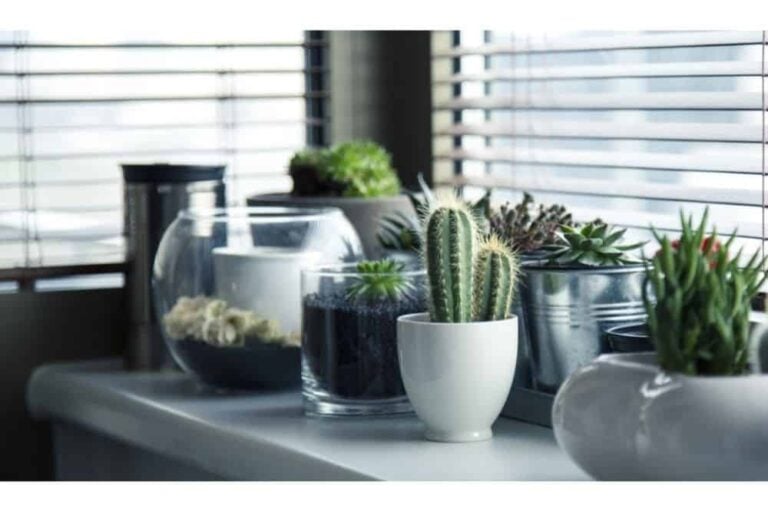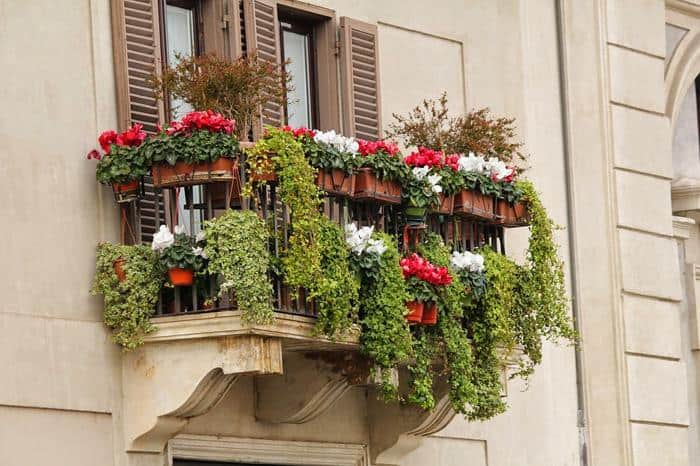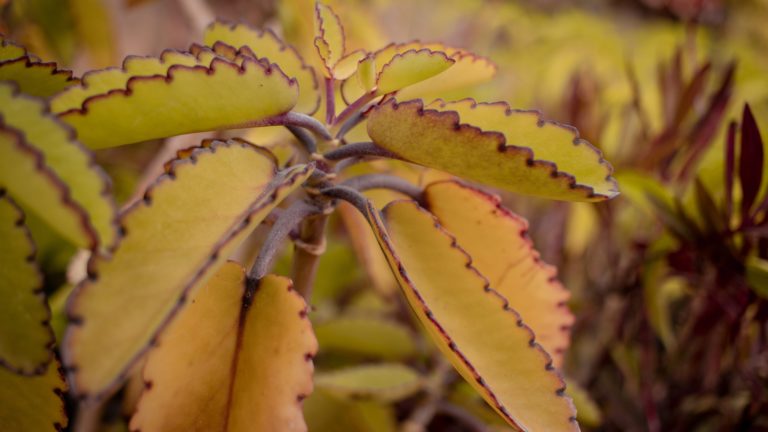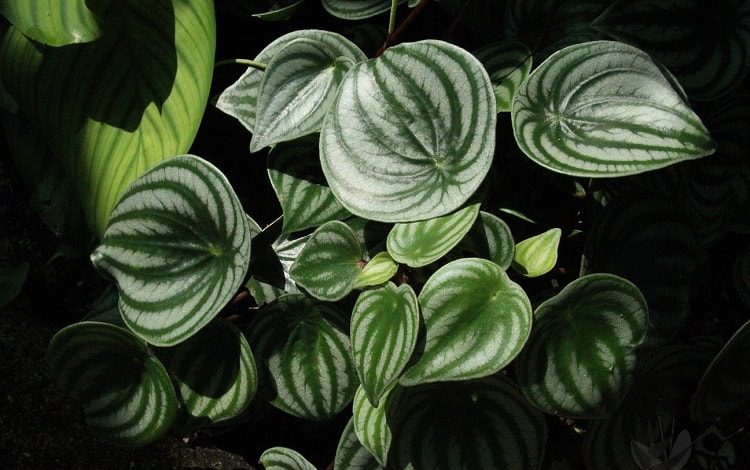Keep to Yourself with the Best Plants for Privacy
Our recommendations for the best plants for privacy are Thuja Green Giant Arborvitae and Ilex Nellie R Stevens Evergreen Holly Shrub. Both our choices are fast-growing plants that provide year-round color. They form dense walls, making them an excellent choice for privacy. If you want a plant to keep your home private, you might want to consider our picks below.
Our Top Picks for the Best Plants for Privacy
[wptb id="8055" not found ]Landscape Design for Privacy
If privacy is a must-have feature for your yard, it’s something you need to plan for before the shovel hits the soil. As it may imply, these elements are larger parts of the overall design. While you can switch out a flower or two, it’s not the same with a privacy screen. So, as you’re deciding on the mood and color scheme, also think about how you want to create privacy.
Options for Privacy
There are several ways you can create that relaxing atmosphere of a private space. You can opt for fences or other boundary markers. But these types of structures have a cold almost unwelcoming feel about them. Plants, on the other hand, can soften the mood and the tone of a garden element with the primary purpose of creating privacy.
A Living Wall
Even if you choose a fence, you can train some plants to grow with it to create a living wall of greenery. A trellis can work the same way. Climbing plants can quickly fill in the gaps to give you the screen you desire. The good thing about going this route is that it opens up your options. You can choose the classy appearance of an ivy-covered wall.
You could also use it as an opportunity to add color to your landscape design. Think of beautiful flowering climbing plants like wisteria and clematis. Your privacy screen can take on a whole new dimension as a focal point in your garden. Even if you have existing fences, you can add a trellis to increase its height, and thus, your sense of privacy.
Hedging It In
You have other options by skipping the middleman all together with a living privacy screen. Shrubs, hedges, and trees like arborvitae provide an attractive way to enclose a space. You can think of these plants as a kind of living wallpaper. You’ll find a variety of plants with different heights to fit your privacy needs.
And while creating boundaries sounds cold, it doesn’t have to be. Like a living wall, these plants can act as a centerpiece for your garden or backyard. Plants have a wonderful way of conveying a mood. Designing for privacy doesn’t have to be the proverbial line in the sand. Rather, it can function as a natural element in your landscape as if it was meant to be there all along.
What You Need to Know about Privacy Plants
The same principles for choosing other garden plants apply for those that you use for privacy. The only difference is their purpose. That means picking plants appropriate for your hardiness zone and the conditions. These include the familiar elements of sunlight, soil conditions, and any local factors that may affect a plant’s health.
This video from This Old House walks you through the process of planting for a privacy screen.
You may find that you have more of a vested interest in the success of your plants simply because you have defined a purpose for them. After all, if you’re going to go to all this trouble, you want a return on your investment in time and money. Your insurance begins with choosing the right plants for your space. It is much easier for a plant to thrive if its needs are met.
Know Your Height
Since privacy is your concern, you need to know what that means regarding a plant’s stature. Think about what is the source of your need for privacy landscaping. Are adjacent yards too close to your space? In that case, a privacy screen of about six foot should do the job. Also, consider the views from above. If the neighbor’s house towers over your yard, you might choose taller plants.
Bear in mind that you can work with a plant’s placement to meet your needs for height. For example, if you live in a ranch style home, you may find that plants that reach to the eaves are sufficient to create a garden room. Likewise, you may only need to add a couple of feet of trellis to an existing fence to get the proper height.
Density
You should also think about the overall shape of your plants. If they form a sparse wall, they may not give you the degree of privacy you want. Also, consider the spacing of the plants. If there are large gaps between plants, it may present another issue. When researching these factors, look at the mature height and spread of the plants. This might be the determining factor between privacy trees and a privacy hedge.
Winter Color
A major drawback of climbing plants is that they will die back during the winter months. If you live in a warmer area, this may not be an issue at all. But if you live in a temperate climate, you might want to opt for a plant with year-round color such as an evergreen hedge. The advantage is that you have a plant that will continue to function as a privacy screen.
The Time Factor
The chances are that if you’ve identified a need for privacy; you want it done yesterday. Unfortunately, that isn’t typically the case with plants. While arborvitae is fast-growing, that still means about three feet of growth a year. So, those small trees are going to need a few years before they can deliver on their promise of privacy.
If you want it sooner rather than later, you might consider going the trellis root with a fast-growing climbing plant. It doesn’t have to be a permanent thing. You can use it as a way to bridge the gap before a more permanent solution fills in the space. The important thing is that you can create privacy screens on your timetable.
Our Recommendations: Thuja Green Giant Arborvitae and Ilex Nellie R Stevens Evergreen Holly Shrub
The Thuja Green Giant Arborvitae is a commanding tree that will provide privacy up to heights of 40 feet. It grows at the relatively fast rate of three feet per year. Its dense shape means that you won’t have to spend a lot of time pruning it, always a plus. It also makes an excellent wind screen.
The Ilex Nellie R Stevens Evergreen Holly Shrub has a lot to offer in addition to being an effective privacy screen. The dark green foliage is stunning, especially with its red berries. We liked the fact that it provides a good food source for birds that may overwinter in your area. Like the arborvitae, it is fast-growing for a quick solution.
When you choose plants for privacy, you need to consider more than the usual aspects of plant care. For optimal use, your plant should fill its space quickly, while offering an attractive addition to your landscaping. Many plants like our picks provide excellent choices for both privacy and windscreens. They’re a sound investment for creating a relaxing space in your garden.
Photo by chrisfxwolf0 licensed under CC0.





